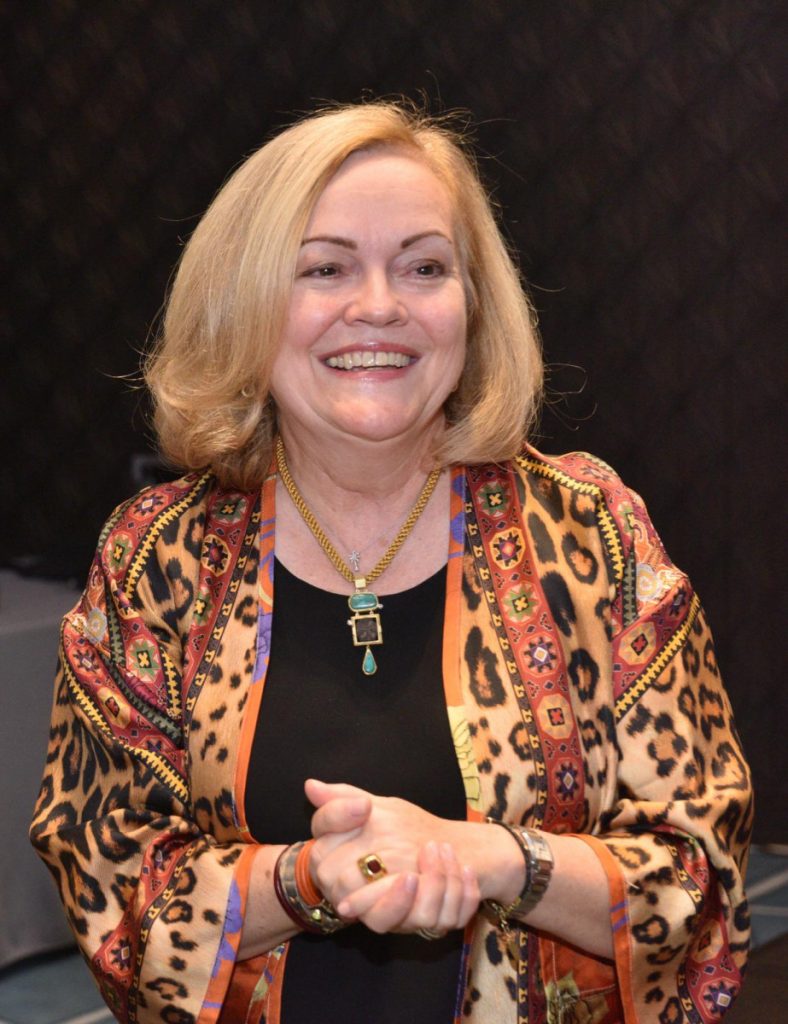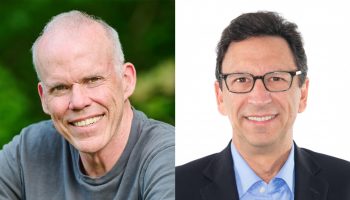
Mariia Novoselia
Staff Writer
“Friends are people you take the time to understand and allow to understand you” reads Ambassador Deborah K. Jones’ email signature. In her lecture about the place and role of friendship in international politics, she will elaborate on wise quotes and personal experience.
Jones has served as a diplomat representing the United States abroad in a number of countries around the world, and was appointed including as U.S. Ambassador to Libya and Kuwait.
U.S. Ambassadors, according to their credentials, are “Extraordinary and Plenipotentiary.” This means that as an ambassador, Jones said, one has an extraordinary authority to represent their country and the ability to bring that authority with them. This requires an ambassador to establish their credibility.
“As do friends,” Jones said. “Friends have to be credible; otherwise, they are not your friends.”
Jones’ lecture, “The Role of Friendship in Democracy,” is at 10:45 a.m. today in the Amphitheater.
There was never a day, Jones said, when she woke up and thought she did not want to go to work.
It all started in December 1980 when, as an “impoverished graduate student” in Spain, Jones took the Department of State’s foreign service written exam after a colleague’s suggestion.
Having successfully passed the test, she was invited to a regional testing center in Los Angeles, where she took the oral exam, which then, Jones said, consisted of being interviewed on a wide range of foreign policy issues and other current events by a panel of three former U.S. ambassadors, as well as an “inbox” test.
Jones said she officially joined the Department of State in April 1982 and was sent to Buenos Aires, Argentina, in August that year.
“In my experience, there are two kinds of people who enter the Foreign Service: so-called ‘prodigy personalities’, … who know from the time they are 14 or 16 (years old) that they want to be a diplomat or Foreign Service Officer, and take corresponding classes in university to prepare them to enter; and those who enter through an act of serendipity, and discover that they have actually been preparing all along for this sort of profession. I fall into the latter camp,” Jones said.
Being an ambassador, in Jones’ view, is a huge honor. She said it is a “privilege to serve your country, especially when you feel you are representing shared values.”
Throughout her career, Jones has managed to make a multitude of friends. She said her WhatsApp and Gmail are always full of messages from people “all over the place.”
Jones defines friendship as “a comfort zone with somebody.” It is about feeling that you can be yourself, she said, as well as building trust, being vulnerable and not being attacked for it.
Prior to departing to a new country, diplomats have to “do their homework,” Jones said. Learning a country’s history is part of that homework. Using Turkey, where she served from 2005 to 2007, as an example, Jones said one would have to be friends with a Turk to “understand what it means to them … not to have been able to read their grandparents correspondence because that writing and that language was rested from them”.
“It was their head. It’s like taking a person and turning their head squarely to the west when it had been pointed to the east,” she said.
Yet, Jones said she will be “a little more cynical about diplomacy and friendship” in her lecture.
Diplomats are sometimes perceived as “soft and nice, and wanting to make friends,” she said.
“I don’t want to call it naive, but it’s a misunderstanding of the history of diplomacy, and what and what a diplomat does.”
At the same time, Jones said diplomats are sometimes accused of being deceptive or untruthful. Yet, diplomacy is about the art of negotiation.
“It’s not about being nice. It’s about not being offensive. It’s about understanding where the other side is coming from,” she said.
With some surprises up her sleeve, Jones promises to question how critical friendship is to successful diplomacy and what role national interest plays on the stage of international relations.




